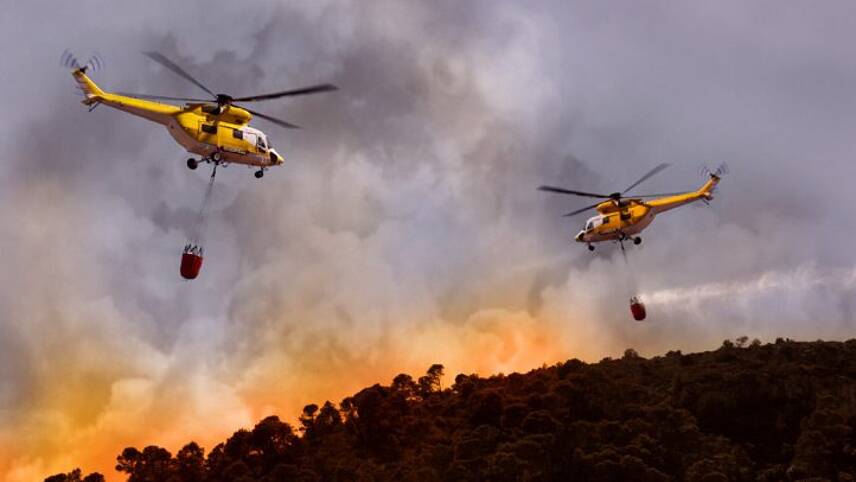Register for free and continue reading
Join our growing army of changemakers and get unlimited access to our premium content

Humans are responsible for at least 75% of all wildfires
New analysis from WWF and Boston Consulting Group (BCG) confirms that deforestation has steadily increased in the Brazilian Amazon.
The report notes that deforestation alerts from August 2019 to July 2020 were 33% higher than in the same period the previous year. The number of fire alerts across the globe is also increasing – up 13% compared to last year. Humans are responsible for at least 75% of all wildfires, the report highlights.
WWF notes that hotter and drier weather driven by the climate crisis and deforestation caused by land conversion for agriculture are the main drivers of the increase.
The report notes that fires in the Brazilian Amazon for this year are more than 52% higher than the ten-year average and 24% higher than that for the past three years. As such, WWF is calling for the banning of deforestation in the Amazon for the next five years.
Fran Price, Global Leader for Forests at WWF, said: “The world witnessed the devastating consequences of the fires last year, from billions of wildlife lost and people losing their homes and livelihoods, not to mention the impact on climate. And yet, here we are again. Proactivity and commitment must be at the heart of a global response to fires and must play out at local, sub-national, national and regional levels.
“Preventing fires before they occur is paramount, and far preferable in all respects to suppressing them when they’re burning. Good intentions on paper mean nothing if they’re not followed up with real and effective actions on the ground – and these actions need to focus urgently on forests and addressing climate change.”
A lack of policy support or ambitious action from corporates involved in agriculture has led to an area of tree cover the size of the UK being lost globally each year between 2014 and 2018, a report from Climate Focus has concluded.
The report tracks progress around the New York Declaration of Forests. Ratified in 2014 by a coalition of businesses, governmental organisations, NGOs and indigenous peoples’ groups, the Declaration committed to halving tropical deforestation by 2020 and ending it by 2030, as well as restoring 150 million hectares of degraded habitat by 2020, rising to 350 million by 2030.
According to the report, there is “little evidence” that signatories to the declaration have acted in line with its commitment, meaning that achieving the 2020 goals is now “likely impossible”. Businesses to have signed the Declaration include the likes of Mars and McDonalds.
The Intergovernmental Panel on Climate Change’s (IPCC) recent landmark report on land use and climate change has also warned that the systemic ways in which global businesses are using land is a “major contributor” to climate change and must be radically transformed if the aims of the Paris Agreement to be met.
Matt Mace


Please login or Register to leave a comment.